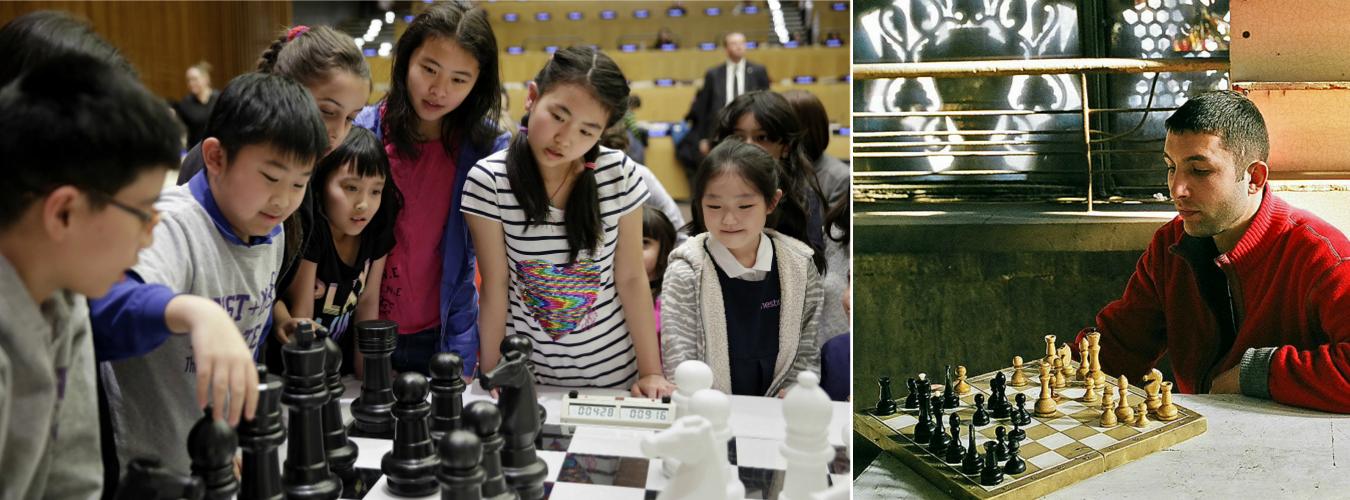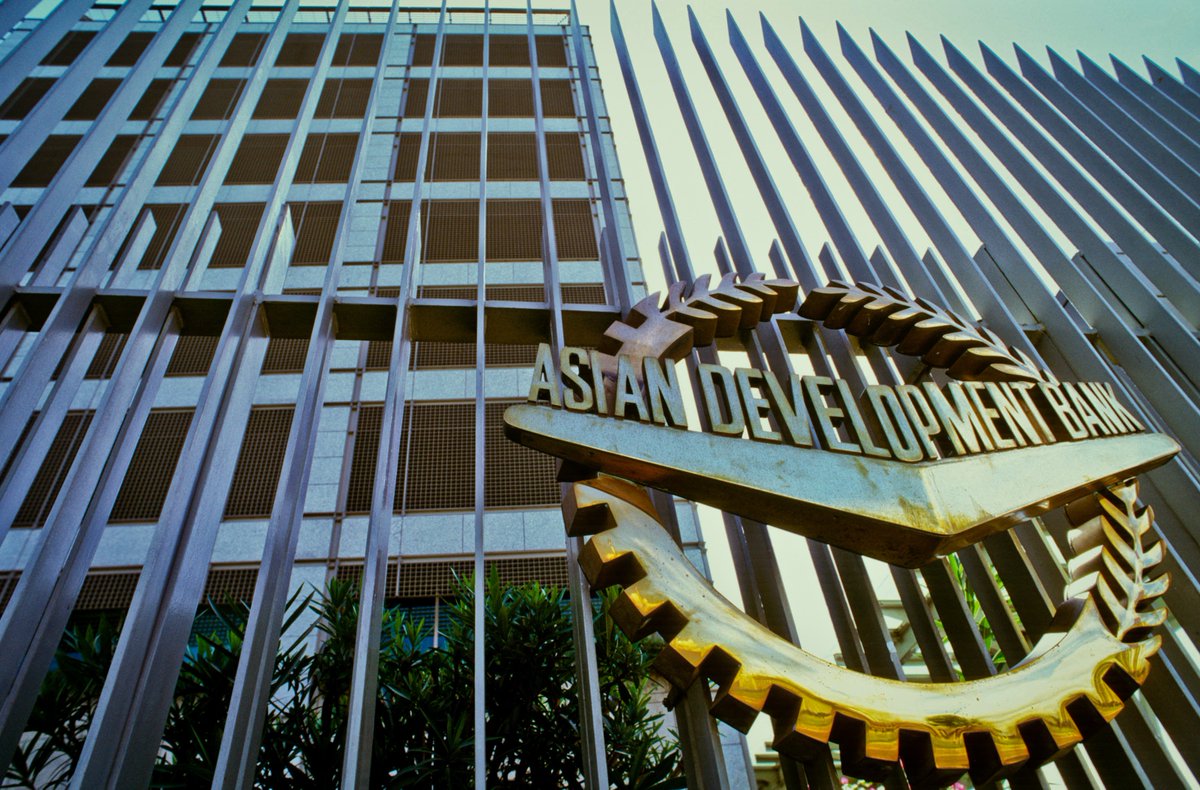by Nazia Naheed
During the last week, I assigned a task to my students. It was a sort of written activity that they had to write on their own, and they were given the freedom to consult multiple books. I found it a relatively easy task for graduate-level students. But it was surprising that just one assignment was on my table on the due date. By inquiring about the reason, they excused themselves by saying that they could not write anything independently as they were anxious to write appropriately. Secondly, they reported that they were not in the habit of self-writing. This situation was quite alarming as finding a fundamental inability in my graduate-level students. The students would quickly write something if a topic were assigned, as it would be a practice of their academic life. But quite the opposite: they were passed through a system that never checked whether they could write anything on their own.
So it’s necessary to shed light on the reasons for their inability as it’s not only their dilemma but a genuine issue as thousands of our aspirants fail competitive exams every year. Just a few among the thousands get their desired posts as they have the designated ability to be a civil servant.
From the beginning of schooling, most school systems provide books, and they bound their fresh minds to think in a way that the book led them to. So they get used to cramming pre-written content to pass an exam. Through this, they get familiar with the same writing and expression pattern and never think they can write anything of their own choice. For example, in my schooling, I wanted to write an essay about my school on my own, but I had to follow the already set patterns. I often used to write sentences independently but have yet to be encouraged. The same was the case with oral work, as the teachers wanted to hear whatever was written in the book related to the topic. So to get good marks, we had to rely on the book. This distinctive culture still prevails and binds our fertile minds to grow naturally.
There are given books, prepared notes, and encouraged to cram, and the examination system awards the highest marks to excellent crammers. I never found something creative during paper marking, or just a few students dared to write independently. They are hardly encouraged that they can write whatever they want. They are not taught an accessible approach to design their answer themselves, plan a project in a novel manner, or express their own opinion on any issue. Somewhat they are expected to be good crammers, copy-paste masters, and blind followers. A few schools, which I find very good at creative writing tasks, and their students will undoubtedly be creative members of society who will be able to think on their own and set new trends.
Unfortunately, our classrooms are typically designed where students’ creativity is less valued. Outstanding education, which caters to the student’s differences, needs to be added to our system. The dilemma is that our intelligent students are forced to follow the average-level general syllabus. Students are given bookish knowledge instead of practical knowledge and day-to-day examples. They are unable to relate their education to their environment. The rules and values are not taught in a manner to be added and applied in their own life. They just read the concepts as making a queue and waiting for their turn is introduced as a concept but not as a value as we witness no lines outside banks, hospital receptions, public transports, etc. The majority of teachers adopt teaching as a job instead of opting as a nation builder. These were some of the reasons highlighted, which clarifies why our students lack creativity and practicality, and there is a lack of liaison between industry and the education system.
Commitment and dedication of our teachers can improve the scenario, as mentioned earlier if our teachers get committed to taking real pain of their students to enable them to b productive products for the nation. And this can be done by focusing on the issues through the efforts of worthy teachers, educational policymakers, syllabus committees, and the students themselves. Imagination is far superior to cramming. The developed world has designed its curriculum and educational modules to build the imaginative growth of the students.
Pakistan is suffering from a capacity crisis. Almost all institutions are falling apart in delivery and performance. The crux of our failure is redundancy, and the solution is to modernize our syllabus and curriculum to modern needs. Then, the method of teaching and learning needs significant improvement. The critical thought process is the hallmark of an educational system. It is a competitive world, and technological advancements have reshaped the skill and orientation of the modern world. Therefore, it is inevitable that we re-design our educational system and make it compatible with current and challenging needs.
The writer is a lecturer.


















































1 thought on “Reforming the teaching Modules”
The best article